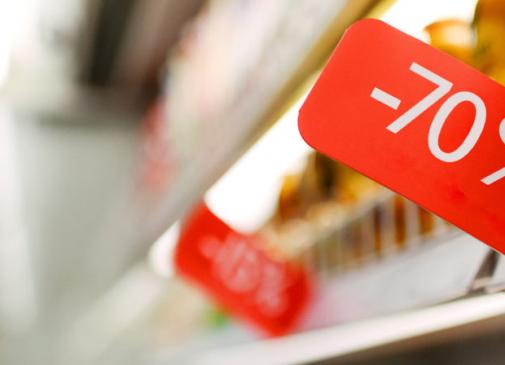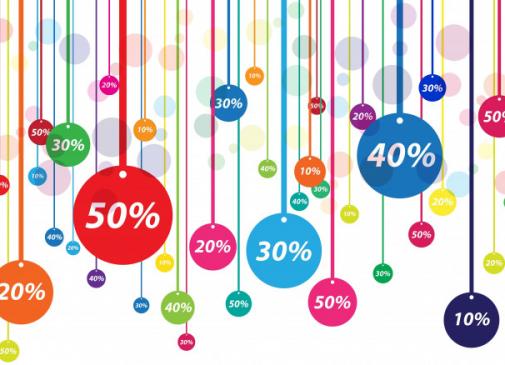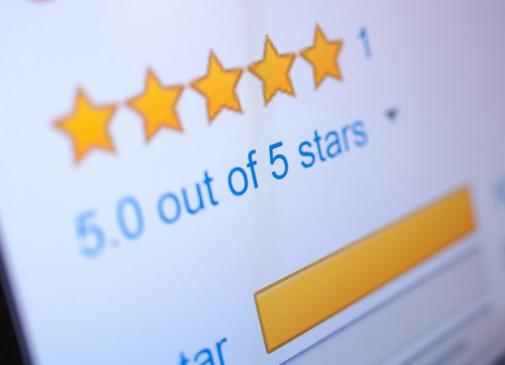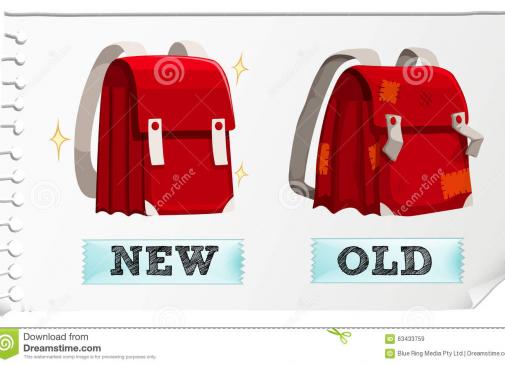Eight years ago, the financial crisis shook the world economies. It also changed consumers' spending patterns. Big spenders have been replaced by penny pinchers - the most unwelcome shift for retailers.
Eight years ago, the financial crisis shook the world economies. It also changed consumers' spending patterns. Big spenders have been replaced by penny pinchers - the most unwelcome shift for retailers.
The emerging frugality movement is nearly 42 million shoppers strong - something that retailers cannot possibly ignore if they plan to remain in business. Getting to know a contemporary deal seeker and their shopping habits becomes a priority.
Discreet charm of one-pound shops
Following the financial crisis, an increasing number of consumers became more careful with money, hence the growing popularity of smarter budgeting. In the aftermath of recession, dollar-store retail flourished. One dollar shops have become the go-to place for shoppers in need of everyday use household goods, not just a store selling cheap and largely useless trinkets. This growth trend among bargain shoppers demonstrates that consumers want to save more on necessary purchases in order to spend on areas that they consider to be more valuable such as travel or new restaurants. That said, stores that do not fall into one-pound shop category, should not despair; quality of life remains an important issue for this breed of consumers, i.e. there are more important things than the lowest possible price.
Big Data will get you far
Promotions never cease to be popular, but personalization can help sales, too. Retailer may minimize over-discounting to a broader group of shoppers if they target offers to reach the most engaged customers. After all, they are the ones who are most likely to spend with your brand and who have a high intent to buy. The key word is Big Data. If appropriately applied, it provides time-saving options based on consumer preferences or help shoppers locate deals according to their preferences. Insane popularity of mobile devices has taught consumers how to shop smarter, find deals and collect coupons. That said, quality goods at affordable price are not enough. Modern consumers also expect an experience to match. Third-party vendors are experts in serving up these kinds of opportunities by using strategic data and analytics.
Experience - a sought-after commodity
Let's emphasize it again: today's consumers choose to save funds on the everyday essentials so that they can splash out on other, more important things which help them reinforce their sense of identity. Financial crisis changed the way in which Millennials and Generation X shoppers perceive value. These are consumers who are willing to spend more money on things that guarantee an emotional connection. Experiences are all the rage among modern consumers. Tech-savvy, digital through and through and always connected, they can make or break your brand with just one post on Facebook.
Source: www.forbes.com










